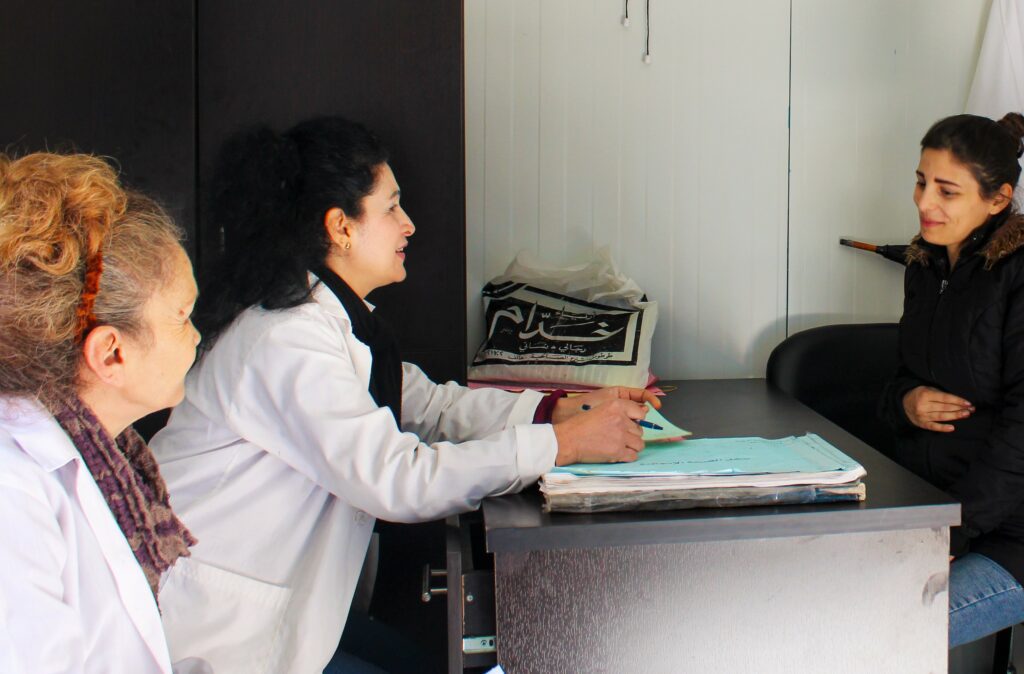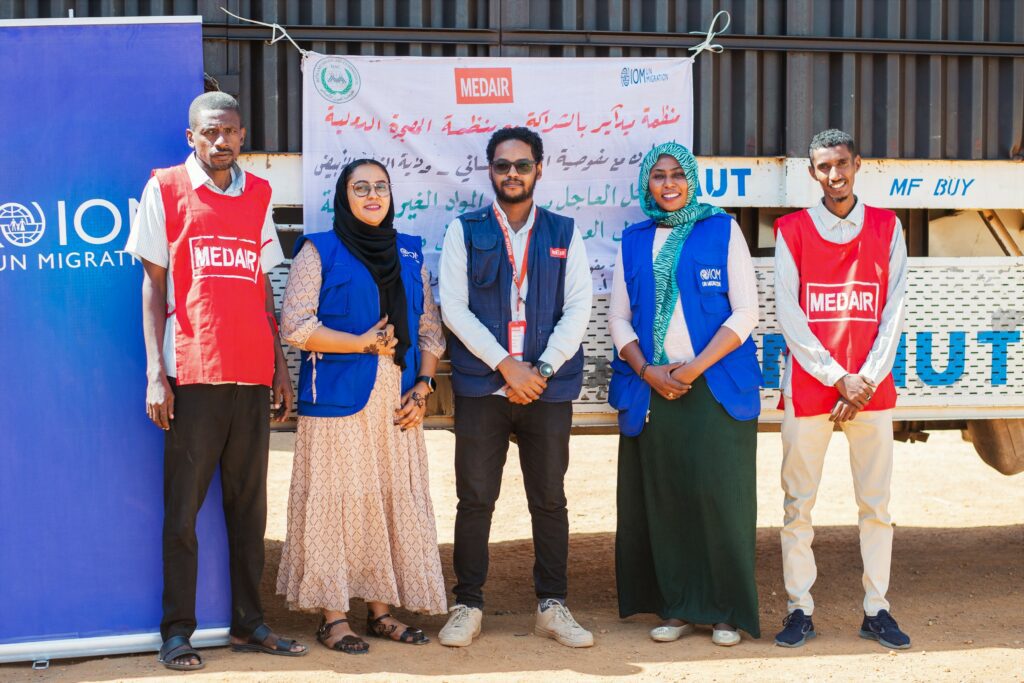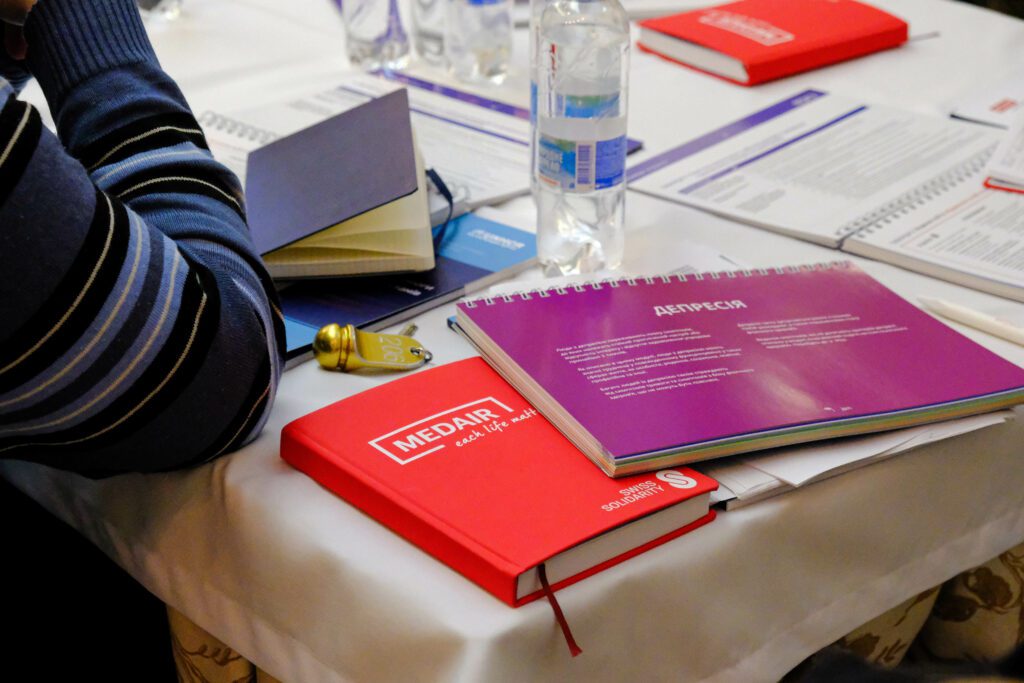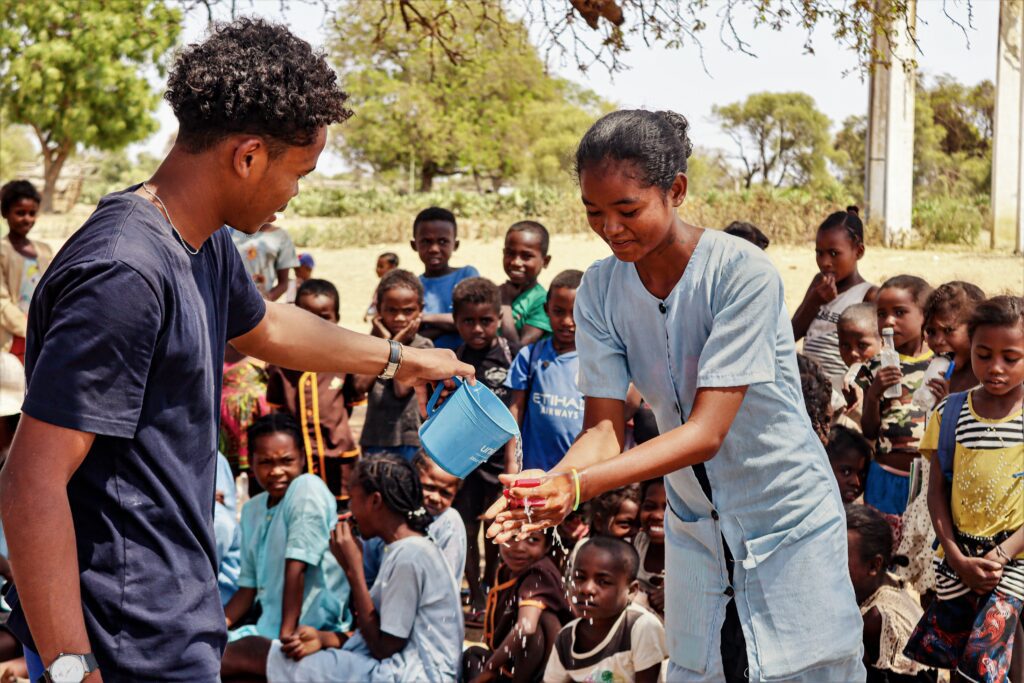In January, a snowstorm hit most of Jordan. Seeing the street and cars covered with snow was surreal. I had arrived in Jordan when it was hot, and fast forward only two months here I was looking out at snow! Winter in Jordan can be unexpectedly cold, with temperatures going down to -5°. And while lovely to look at, the cold weather is extremely difficult for vulnerable families in Jordan. Over 750, 000 refugees live here. Most are Syrian, fleeing the crisis which began more than 10 years ago. For people struggling to survive, the cold winter exacerbates the challenging conditions in which they live. Heating is expensive, and for most, unaffordable.
Just before Christmas last year, I joined the Medair health team on a field visit to Irbid, about four hours north of Amman. The view during the drive was spectacular, with picturesque green fields on rolling hills. Irbid has a large farming community producing most of the vegetables and fruits found in Amman’s stores. The scenery evoked memories of travelling around Zambia, my home country. Displayed along the roadside were corn, tomatoes, vegetables, and fruits, just like in Zambia. As my colleague Arin drove, we shared stories of roasting corn over the fire. We reminisced that both our sons enjoyed the fresh corn.
In Irbid, we met Ruba, a Health Officer. Ruba took us to a large field on a hillside, with a tent set in the middle. Rugs covered the bare ground, and curtains partitioned the tent into three sections. Inside, we met *Ahmad and his family.
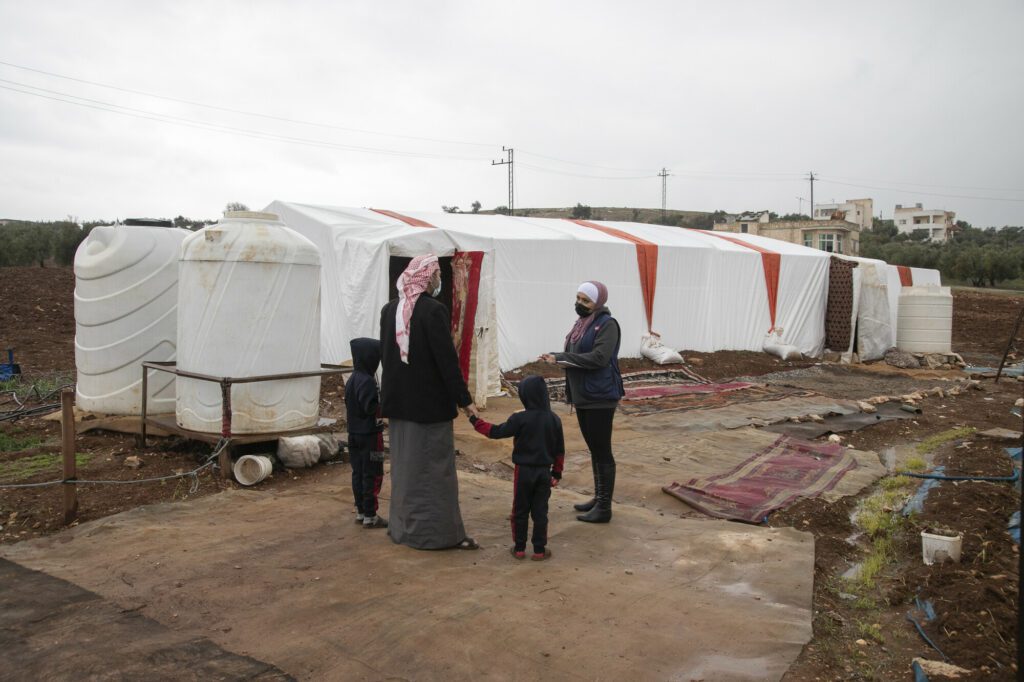
Ruba, a Medair Case Management Officer, discussing how to improve the living conditions for Ahmad and his family during the final assessment in Irbid.
Ahmad and his family of six are Syrian refuges. The youngest child, Islam, is 18 months old. Islam has a skin and lung disease, causing severe ulcers and breathing problems. Islam also has paralysis. She depends on oxygen, fed intravenously, and needs constant care. As Syrian refugees, Ahmad and his wife do not have the permits required to enable them to work. The family depends on a monthly food voucher from UNHCR. However, this is not sufficient for all their needs and the health care for Islam. When I met them, Ahmad had recently received cash from Medair to pay hospital bills.
“I am grateful to Medair for paying the bills for my daughter,” he said as he gently rocked the cradle where Islam lay. “I pray, God willing, that you will find a way for us to get help.”
This visit was a final assessment, meaning our work with Ahmad’s family had come to an end. Ruba and Ahmad discussed options for further support with other development agencies. As we left, I sensed Ruba’s sadness that this was the last visit, but I also saw her resolve to do her best to refer Islam to another organisation for support.
“I am going to call UNCHR and another organisation for them to follow up on this case. I will keep on asking until they come here,” she said determinedly. It was a moment that made me proud to work for Medair.
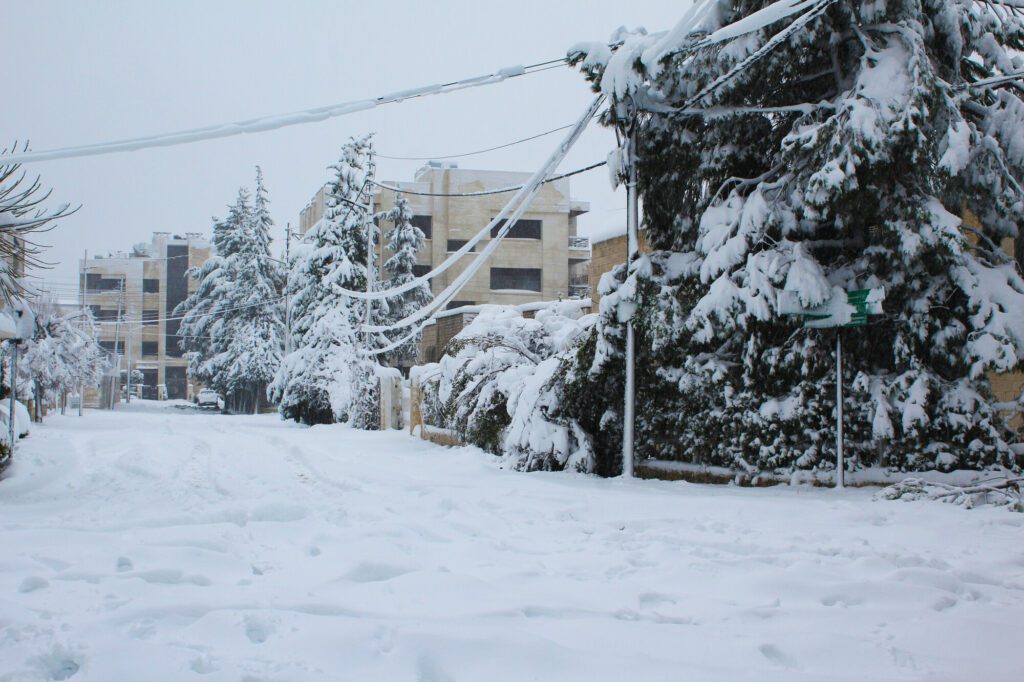
Looking at the cars covered in snow, I’m distracted by Islam and wondering about her family.
So, today, looking out at the wintry morning in Amman, I thought of Ahmad and his family. I thought of that how beautiful that hillside must look covered in snow. I imagined it would look like the traditional Christmas cards of scenic ‘winter wonderland’ with heralds of joy, commonly given when I was young. But for Ahmad and his family, this winter will not bring joy.
Ahmad’s family are like many refugees and vulnerable families who need support to pay for heating, health care and other basic needs. There are 26 million refugees in the world. Ahmad and his family are the real people who are these numbers.
Medair services in Jordan are funded by the Swiss Agency for Development and Cooperation, UN Office for the Coordination of Humanitarian Affairs, the European Commission’s Civil Protection and Humanitarian Aid Operations, and the German Federal Foreign Office, and the U.S. State Department’s Bureau of Population, Refugees, and Migration (PRM), and private donors.
This content was produced with resources gathered by Medair field and headquarters staff. The views expressed herein are those solely of Medair and should not be taken, to reflect the official opinion of any other organisation.


